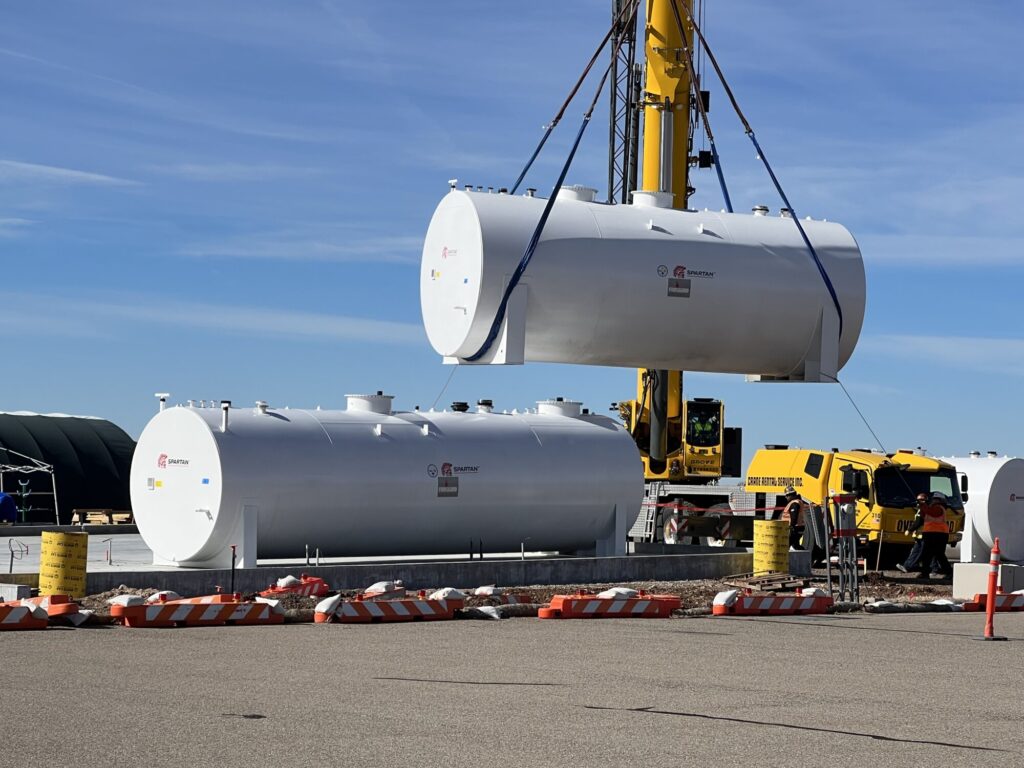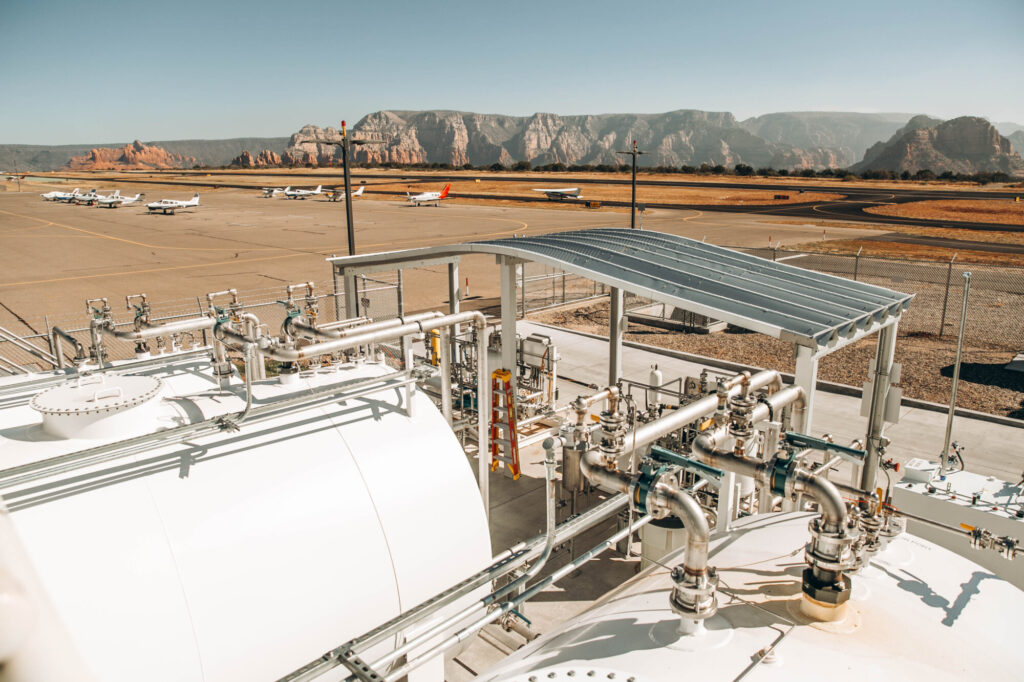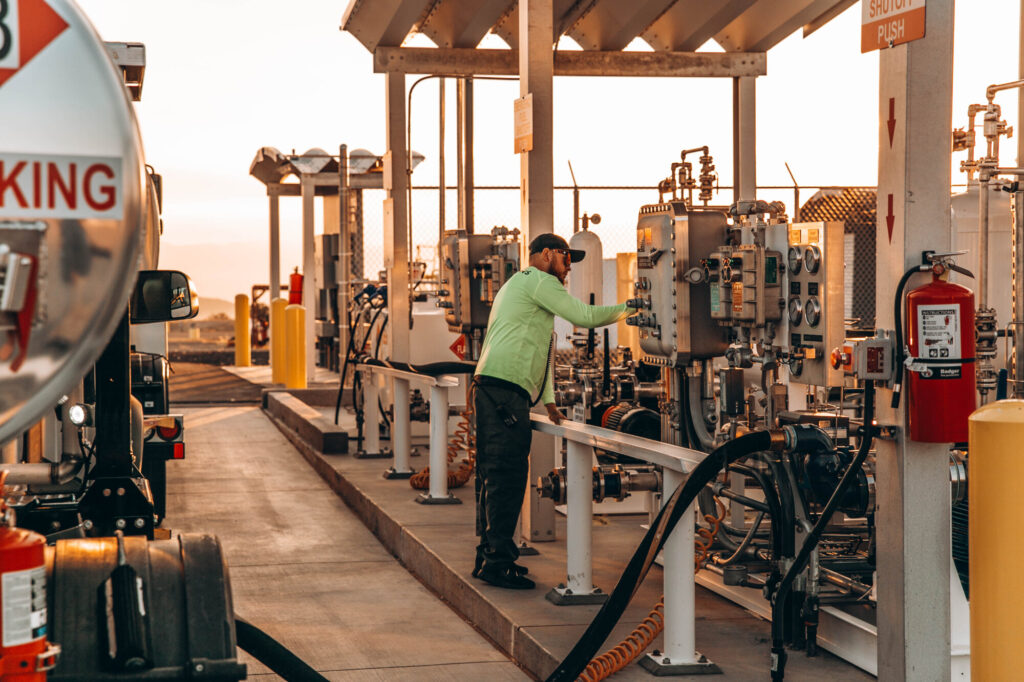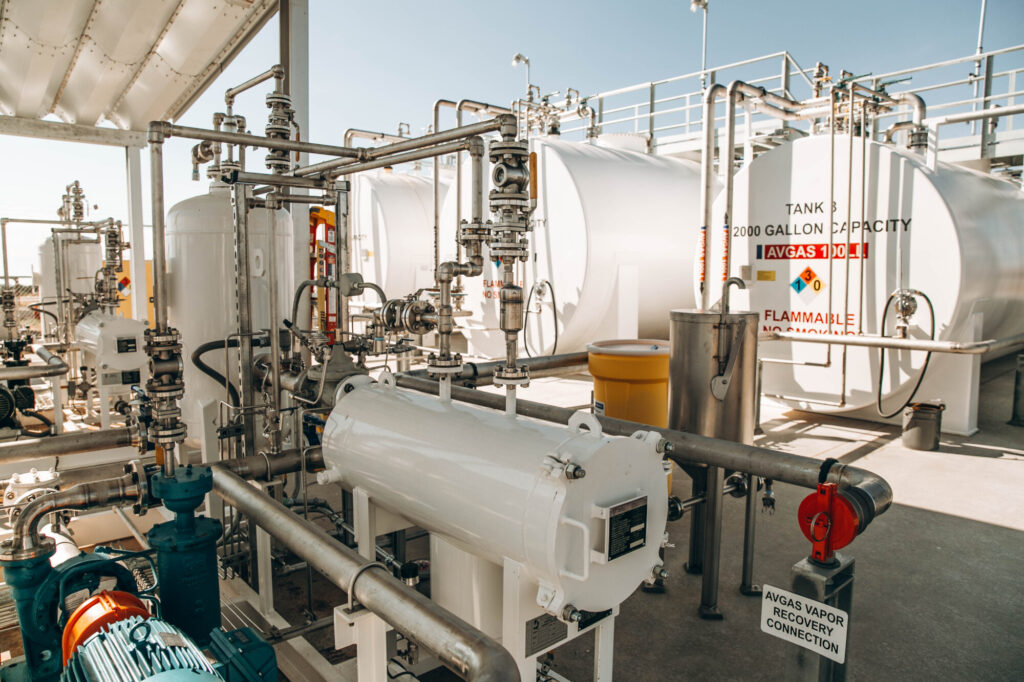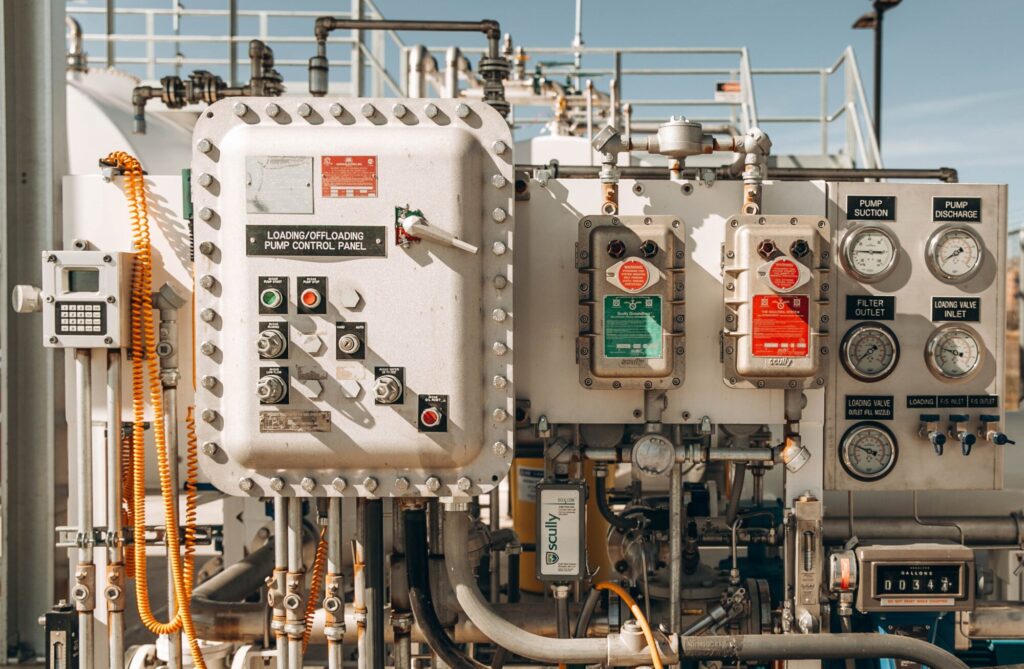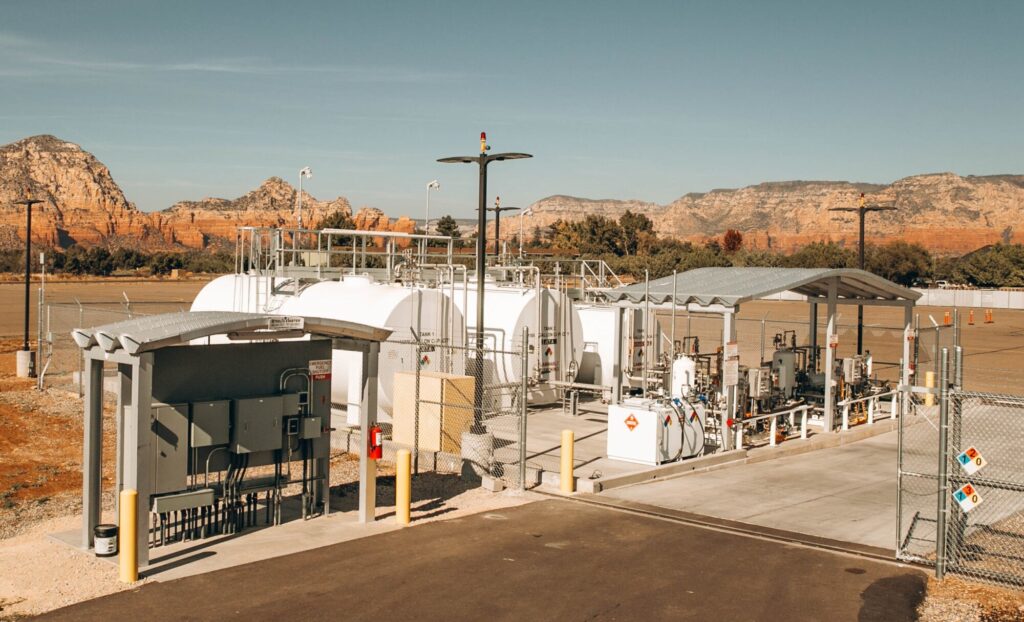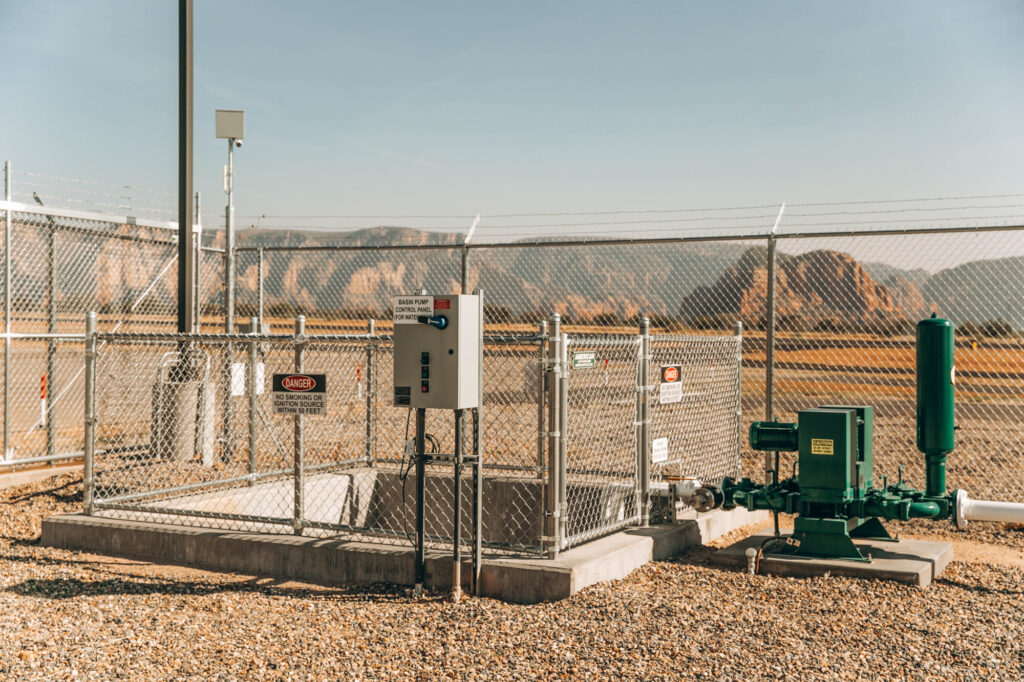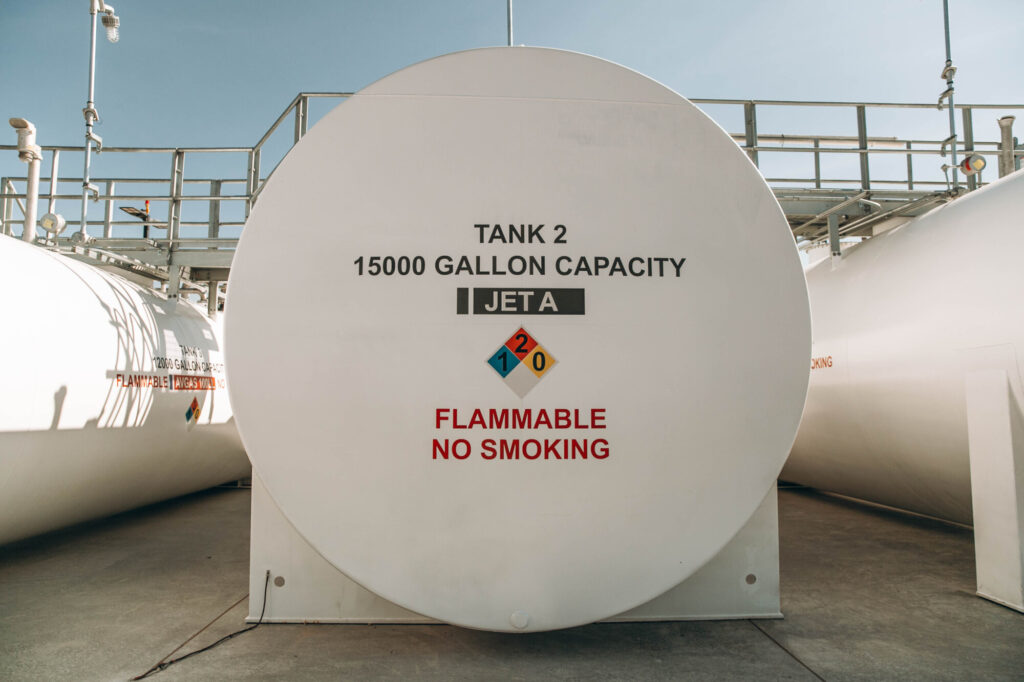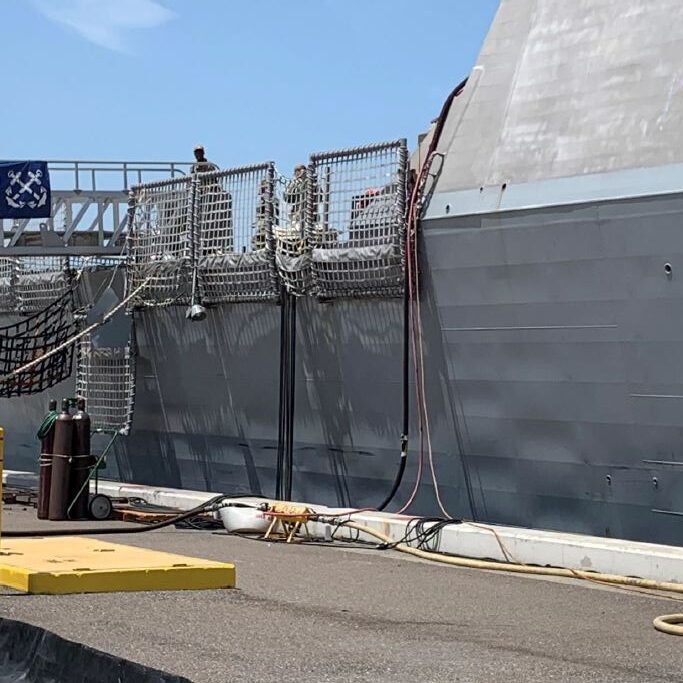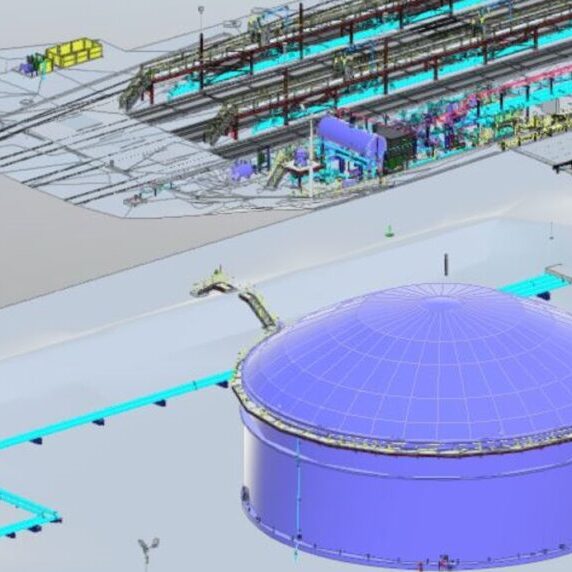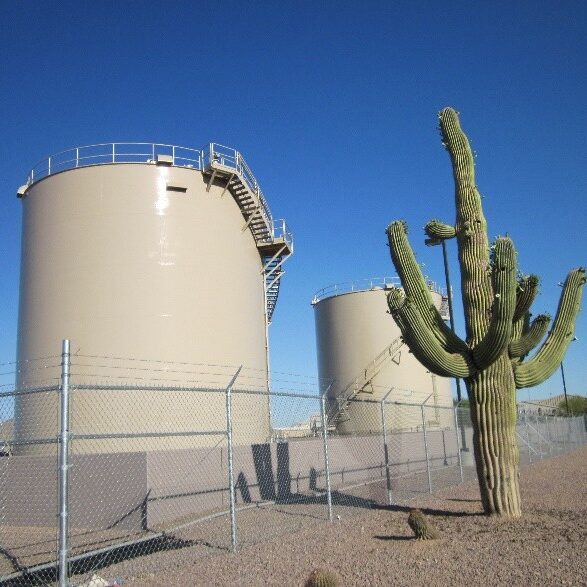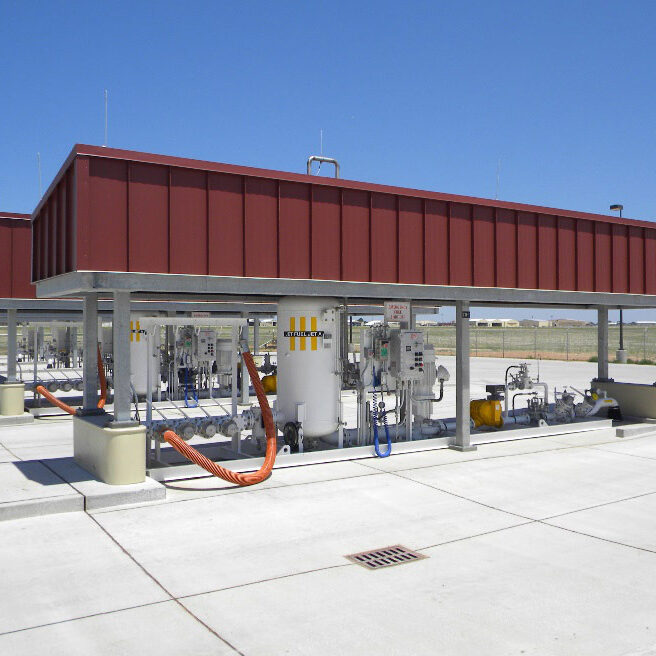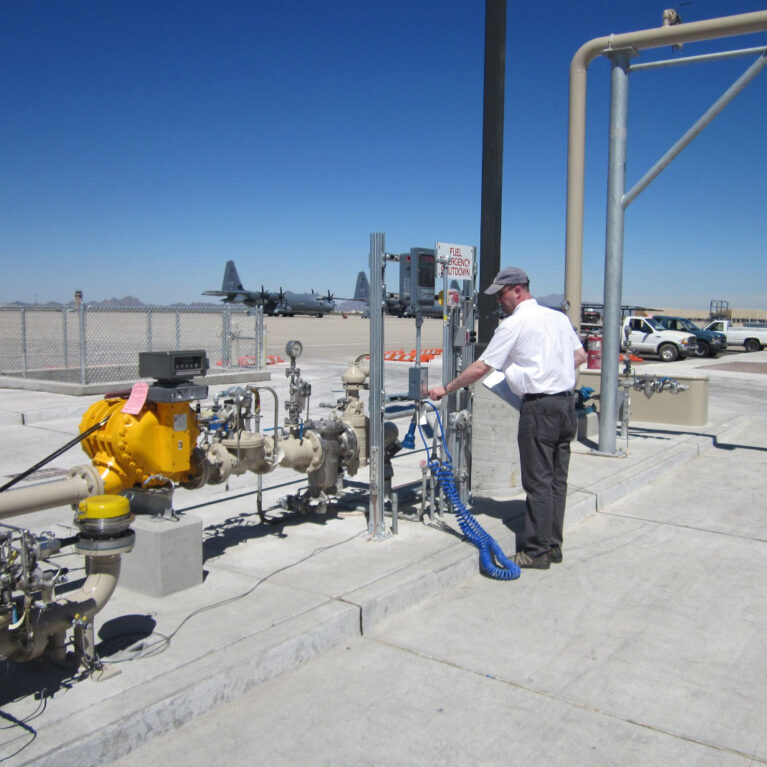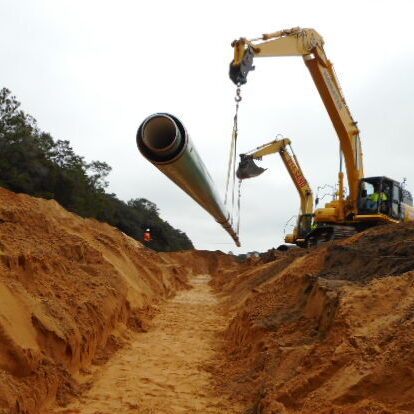Sedona Airport (SEZ) Fuel Storage Facility Upgrade
Elevating Operational Excellence with Fuel System Modernization
In a strategic move to enhance operational efficiency and safety, Sedona Airport (SEZ) in Sedona, AZ, embarked on a significant infrastructure upgrade with the development of a new JET A and AVGAS 100LL Bulk Storage Facility. Recognizing the need for modernization, the airport partnered with Argus Consulting to spearhead the planning, design, bidding support, and construction oversight services for this state-of-the-art project. The initiative aimed to replace the airport's aging and risk-prone fuel storage system with a new, code-compliant, and technologically advanced aboveground facility, ensuring continued high-quality fueling services for airport operations.

A Closer Look at Sedona Airport's Facility Upgrade
The new facility is equipped with a thoughtful configuration, including two 15,000-gallon storage tanks for JET-A fuel, a 12,000-gallon storage tank for AVGAS 100LL, and two bulk loading/unloading/recirculation skids. These skids are engineered to deliver a high level of performance, featuring comprehensive filtration for all fuel transactions, recirculation capabilities, precise metering, static relaxation, water detection, and capacity for a flow rate of 200 gallons-per-minute. In addiiton, the project introduces essential infrastructure improvements, such as suitably sized secondary containment, enhanced site lighting, an Emergency Fuel Shut-Off (EFSO) system, designated refueler parking, combined tank access for operational efficiency, and a motive fuel storage and dispensing area.
Unique Elements and Challenges
A notable challenge was the facility's location selection, which was meticulously planned to avoid disrupting existing fueling and ramp traffic operations. Additionally, the project was designed to keep fueling operations close to the primary aircraft parking areas, enhancing operational efficiency. The expanded storage capacity significantly increased the airport's days-of-reserve fuel storage, avoiding the higher costs associated with split deliveries from fuel providers.

